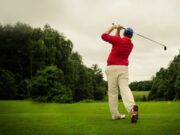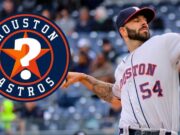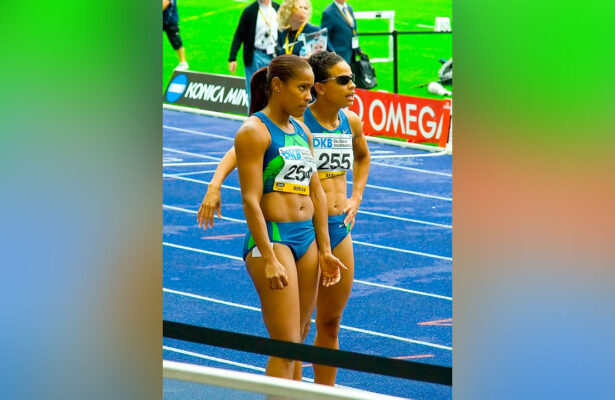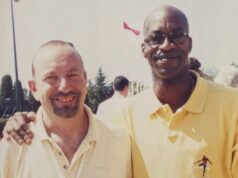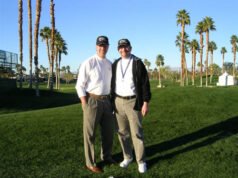With Paul Schienberg, PhD
JOANNA HAYES Career Highlights: 2005 USA Outdoor 100m Silver medalist; 2004 Olympic 100m hurdles gold medalist; Olympic 100m hurdles record holder; 1999 NCAA 400 hurdles champion; 2003 Pan Am 400m hurdles gold medalist; 2003 USA Outdoor 400m runner-up; 1995 USA Juniors and Pan Am 100 hurdles champion; 2004 Jesse Owens Award winner.
She will compete in the women’s 60 meter hurdles.
Psyched: This is your first time in the Millrose Games. Tell us about your preparation for tomorrow.
Joanna Hayes: So far so good. Better than last year. I’m not really an indoor runner coming from the West Coast. I’m very excited. If you get a bad start on the 60 meters hurdles, it’s a done deal. I’ve been struggling with my start. We’ll see how it goes tomorrow.
P: What made you decide to compete indoors here?
JH: Planned on competing. I wanted to compete last year. It is a way to improve your start. Have fun and work on start. There is more depth to the field. Look at winning. Not great times.
I haven’t beat Gail Devers yet. I worked hard and got to the top. There is always coming after you so you got to watch your back. I love the 100 meters hurdles. After I was off for two years due to injury, I shot to the top of the pack again.
P: Do you use mental imagery in training and running the hurdles?
JH: I watch myself winning. Morning, night, when I go to sleep, I see myself winning. If you can’t see yourself winning, you won’t win. When I’m working out, I do it before I run. I go through the whole race in my head. I count. I go through every step in my head.
P: You mean you actually see yourself running?
JH: Exactly. I see myself and count my steps.
P: Do you ever think your visual imagery needs to be improved?
JH: Sometimes I get side tracked doing the imagery. I could improve it. I’m not great at it. Most of the time, I do well.
P: Moses said it was the flexibility that kept him from injury.
JH: Yoga didn’t work for me. I hated it.
P: Gaining confidence after you have an injury – is it just getting out there and seeing what it is like.
JH: Different injuries cause different healings. It is harder to recover from losing a race than an injury.
P: What makes it more difficult to recover from a loss.
JH: Well, if I loss and I’m not injured, it is more of a loss of confidence. As long as I can make it the fault of being injured when I lose I can get over it easier because I can blame the injury. If I’m 100% and I lose then I’ve got more work to do.
P: Can you imagine winning the gold.
JH: I have no problem in imagining the gold. I can’t even see the silver or bronze medals.
P: Good luck.
JH: Nice to meet you.




